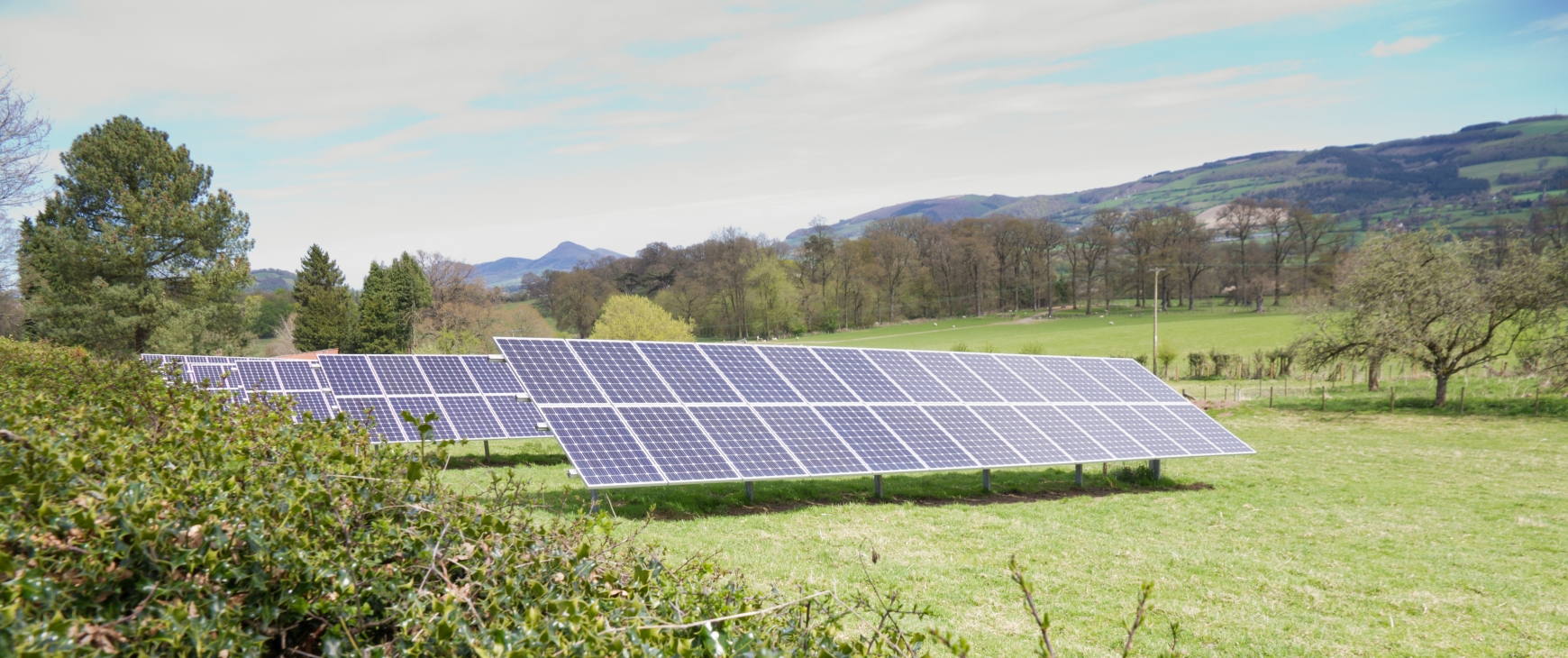I recently wrote the following for AHDB GrowSave and it was an interesting thought worth sharing here:
At a time of such fragility for the battered economy, the Spring Budget was always going to be a challenge: could the Chancellor maintain progress on existing issues such as climate change, whilst rebalancing the economy after the pandemic?
A raft of measures was announced that will assist the UK’s net zero ambitions. By using £12bn to create a UK Infrastructure Bank, rising to £40bn in the years ahead, Sunak delivered on his strategic plan for the energy sector amongst others – these will have access to support for emerging technologies. A new Green Retail savings account will be offered through National Savings & Investment, allowing savers to support Green Gilts, from summer 2021. For two years from April, qualifying new plant assets will attract a new 130% first-year capital allowance super-deduction leading to a lower tax bill for investors. The new Carbon Markets Working Group will aim to allow London to lead the world in carbon offsetting. And possible changes to pensions regulations could allow funds to invest in future technology and infrastructure.
Projects funded included a hydrogen hub in Holyhead powered by renewables, the Aberdeen Energy Transition Zone, a UK-wide competition to demonstrate energy storage technologies, a biomass feedstocks programme and development of floating offshore wind.
However, the opportunity to lower the carbon impact of UK housing through the Green Homes Grant has been missed, and there is a sense that the Budget could have gone further in boosting the low carbon economy, for example by reducing VAT on energy storage or replacing the Renewable Heat Incentive scheme. Growers in particular will find little specific assistance in the 2021 Budget. If Boris Johnson’s 10-point-plan last autumn was “only the start”, we’re still waiting for developments.
If you have any queries, please call the NFU Energy team on 024 7669 8899.


